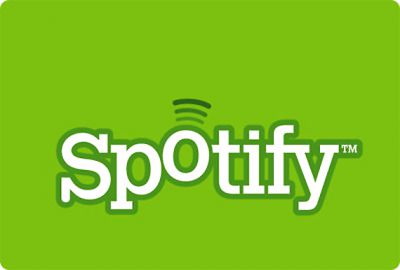
 Why Legal Music is Best
Why Legal Music is Best
Indie | Friday 18th May 2012 | Osh
Because of the growth of the internet, more and more people download illegally. Along with file sharing, CD borrowing and YouTube, less music is being bought. But with sites like Spotify that pay bands, DJs and artists each time someone listens to one of their tracks, and we want music at our fingertips, why aren’t we willing to pay for it?
Fan Support:
The current economic and job markets being in tatters, everything costs too much. Although it is their personal choice, those involved in the music industry have to make a living as well. The food on their tables and clothes on their back come from the money that we pay for gig tickets, merch and music.
Although Hip-Hop heavyweights and Pop superstars might effortlessly sell out arenas and have CDs flying off the shelves, for those just starting out, it’s a different story. New talent desperately needs the support of fans. Nowadays, the best way for those trying to break into the music industry is throwing their music in people’s faces. This often involves spamming all over Facebook and Twitter and playing as many live shows as possible.
The fact that music can be shared instantly over the internet allows bands and artists to show what they can do fast. But this also means illegal downloads can be shared just as fast. Teens especially, as the most sought-after sector out there, opt for illegal downloads. Sometimes this is down to not being interested in a whole album and just being after singles or individual tracks, but at times, it goes on because of an ignorance of how much it costs to produce music.
All musicians need to pay for studio time, producers, instruments, management, back-up musicians, travel, promotion, and many of those just starting out fail to even breakeven with these costs. Once artists are out on the road, touring and playing their music for the public, they need audiences to buy their work
Digital World:
Last year, physical album sales were down 46% and digital downloads increased by 43%, from 17.6 million single sales, to a colossal 23.4 million. As much as some people enjoy buying a physical copy of the music they want, either on vinyl or CD, mainly for the artwork, everything is digital now. Digital is easier, faster and often cheaper than legging it to town for the latest releases.
Fans can also help musicians by literally pledging money. With bands like Tom Williams & The Boat and The Blackout suffering because of decent popularity but poor sales, PledgeMusic can be the way forward. Through this scheme, music fans can help promote the music they like by paying as little as a penny for what they want. On occasion, the scheme lets fans decide what they think the work is worth, or even receive the music for free if they pledge for other experiences. These include VIP packages for gigs, merchandise and special experiences.
Listening to music is no longer seen as a luxury. It has become so accessible, all day, every day of the year. But now, people tend to dabble in different types of music. Usually, this means coming across the odd artist or band online, researching them, giving them a listen and downloading their stuff for free. We have the ‘what-have-you-done-for-me’ mind-set constantly, and refuse to pay for what we download. Perhaps we should be more selective about what we chose to listen to, and only consider if worthy of our time if it’s worthy of our money too.
Marianne Calnan
